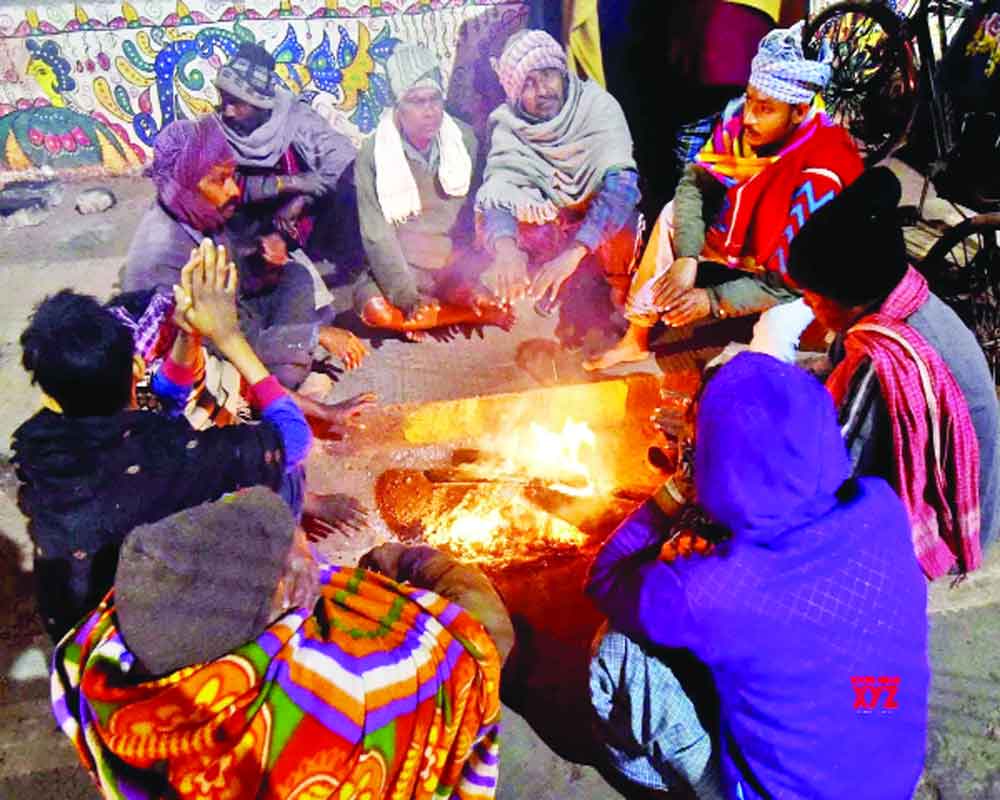Prolonged cold wave in north India leads to health issues and vehicular traffic nightmares
With north India already reeling under an extended cold wave, the India Meteorological Department (IMD) has issued a 'yellow alert', with predictions of dense to very dense fog engulfing parts of Punjab, Haryana, Chandigarh, Uttar Pradesh, Rajasthan and Madhya Pradesh over the next five days. This weather pattern, characterised by sub-normal temperatures and low visibility, is also raising concerns among individuals with pre-existing health conditions. According to the IMD, cold wave conditions have prevailed in isolated pockets of Himachal Pradesh, Rajasthan, sub-Himalayan West Bengal, Sikkim, Punjab and Haryana. The visibility at Delhi's Safdarjung Airport area was as low as 500 metres at 5:30 am, while the Indira Gandhi International Airport reported 1,000 metres of visibility at 6:30 am. These conditions pose significant challenges to commuters and daily activities. The dense fog that has enveloped Delhi in the recent days has not only created an eerie atmosphere across the city but has also severely disrupted transportation services. The low visibility caused by the thick fog has led to a series of flight delays at the IGI Airport, impacting both domestic and international travel. Airport authorities have been forced to implement precautionary measures, including delayed take-offs and landings, to ensure the safety of passengers. Similarly, train schedules have been adversely affected, with several services experiencing delays as dense fog hampers visibility along railway tracks.
The persistent cold wave has raised concerns, especially for individuals with cardiovascular issues. Cold temperatures can constrict blood vessels, leading to increased blood pressure and heart rate. For such patients, this can exacerbate existing conditions and pose a higher risk of cardiovascular events. Furthermore, the dense fog and low visibility can hinder emergency response systems, making it challenging for patients to receive timely medical attention. Ambulance services in particular may face difficulties navigating through foggy conditions, potentially delaying critical interventions for those in need. The recorded humidity levels between 55-95 per cent, along with an Air Quality Index (AQI) of 333 falling in the "very poor" category, add to the health concerns. Poor air quality can aggravate respiratory problems, impacting not only heart patients but also individuals with pre-existing respiratory conditions. Given the challenging conditions, patients are advised to take extra precautions: Limit outdoor activities, especially during early morning and late evening when temperatures are lower, and wear layered clothing to stay warm, including a hat and gloves to protect extremities. It is crucial for both the public and healthcare providers to remain vigilant, take preventive measures and ensure timely medical interventions to mitigate the impact of these challenging weather conditions.


























